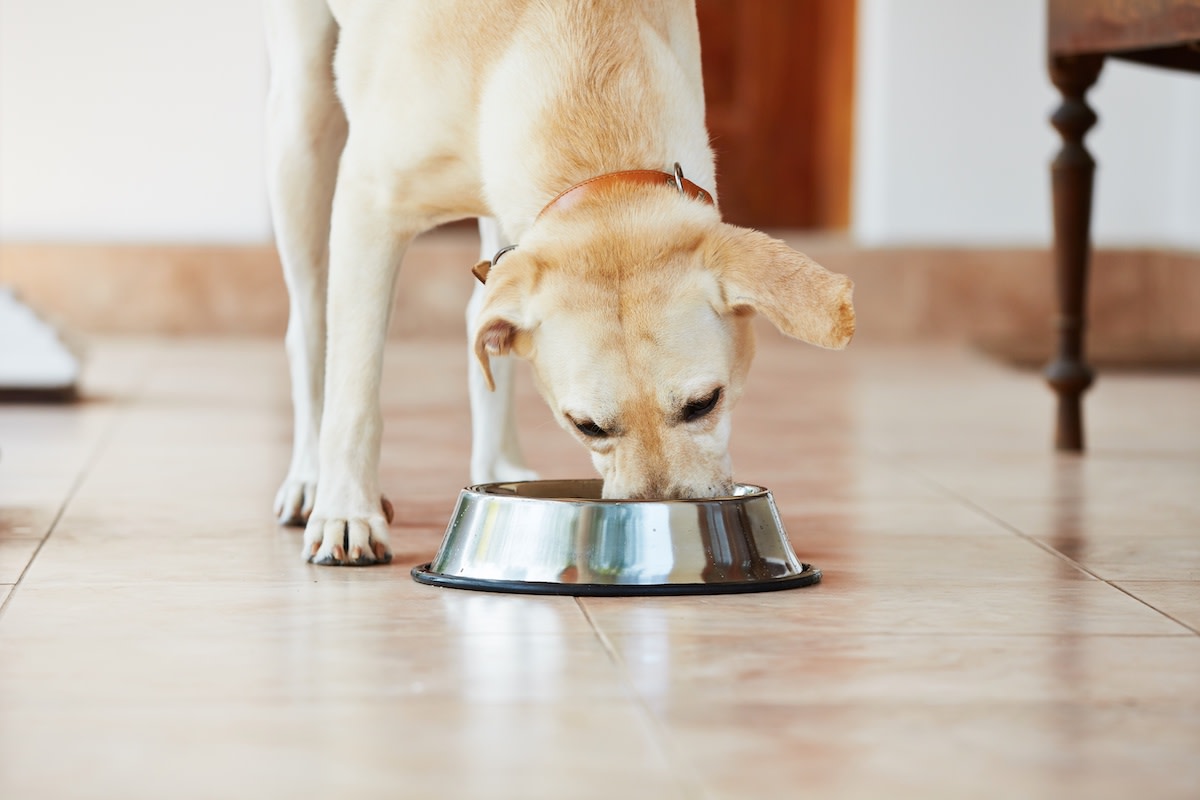Can Dogs Eat Tomato Sauce? 3 Risks for Dogs
Written by MasterClass
Last updated: Apr 4, 2022 • 2 min read
Dogs cannot eat tomato sauce because marinara or spaghetti sauces often contain harmful additives that lead to serious health issues for your dog. Discover why you should avoid offering foods with tomato sauce as a dog treat.
Learn From the Best
Can Dogs Eat Tomato Sauce?
No, dogs should not eat tomato sauce as it can contain ingredients and additives that can cause stomach upset and other health problems for your dog. Pasta sauces, soups, or ketchup made from red tomatoes are harmful to your dog’s diet.
While tomatoes can have health benefits—such as offering antioxidants, potassium, lycopene, and vitamin C—the risks when a dog eats tomatoes, including unripe tomatoes or green tomatoes, outweighs any benefits. The solanine concentrated in the green parts of the tomato plant, like the leaves or green portions of the stem, can cause stomach issues for your dog. Instead, dog owners should feed pets nourishing kibble or homemade dog food.
3 Risks of Feeding Dogs Tomato Sauce
Tomato sauces pose risks to all dog breeds. They contain:
- 1. Dangerous compounds: Tomato plants belong to the nightshade family. A ripe tomato contains compounds like tomatine and solanine, which can cause stomach issues or tomatine poisoning. Although these substances are more common in the green leaves rather than in the fruit's flesh, it’s still best to forgo offering your pooch tomatoes as a dog treat as a best practice to avoid any problems.
- 2. Sugar or artificial sweeteners: Tomato sauces and ketchup often contain large quantities of sugar, which can increase your dog’s heart rate and lead to obesity. A low-calorie or sugar-free sauce may include the artificial sweetener xylitol, which is common in human foods but toxic to dogs.
- 3. Toxic ingredients: Common seasonings in tomato sauces, like garlic, onions, and onion powder, are toxic to dogs. These ingredients harm your dog’s health and lead to gastrointestinal issues or an upset stomach. Some of the symptoms of garlic and onion toxicity in your dog include lethargy, excessive drooling, or pale gums.
Before Sharing With Your Pooch
Certain human foods can cause adverse reactions in canines, so always consult your veterinarian to determine whether it is safe to add these foods to your pet’s diet. This article is for educational and informational purposes and is not a substitute for medical or dietary advice.
Want to Learn More About Training the Goodest Boy or Girl?
Your dream of having a dog who understands words like “sit,” “stay,” “down,” and—crucially— “no” is just a MasterClass Annual Membership away. The only things you’ll need to train up a well-behaved pup are your laptop, a big bag of treats, and our exclusive instructional videos from superstar animal trainer Brandon McMillan.
